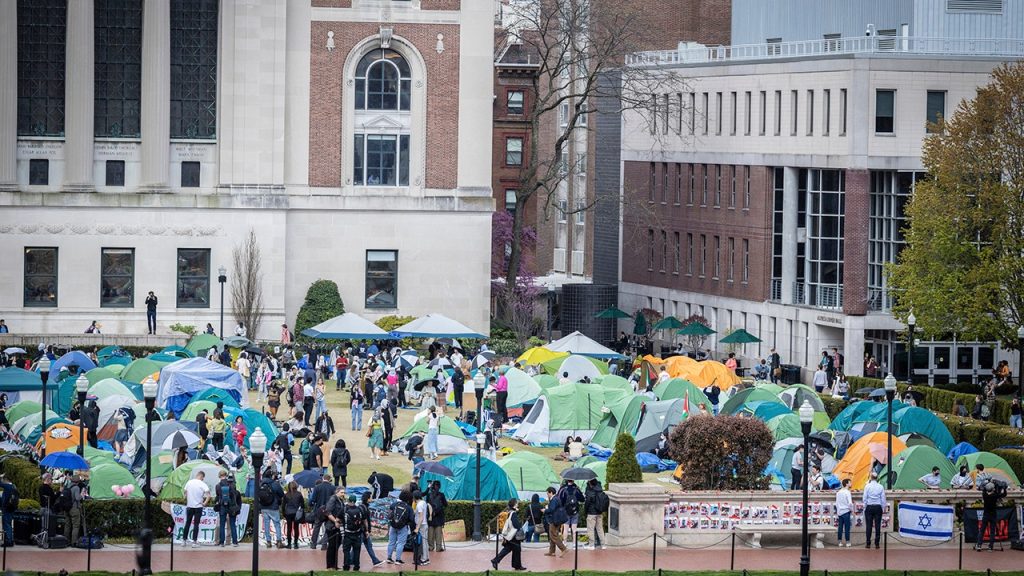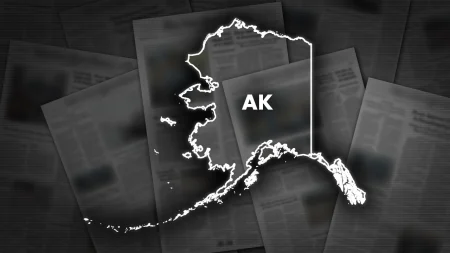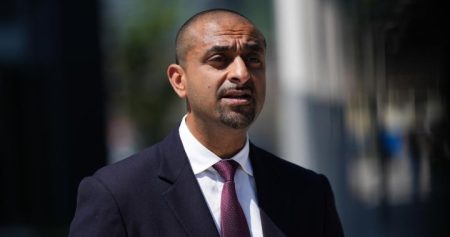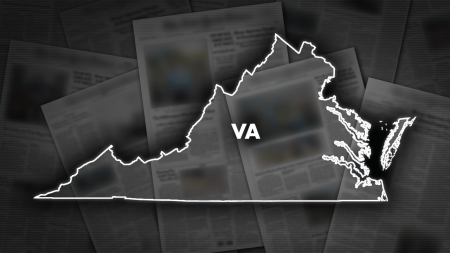Iran has expressed support for the anti-Israel protests that have erupted on elite U.S. college campuses, including Columbia University, the University of Southern California, MIT, UT-Austin, and others. Iranian Foreign Minister Hossein Amir-Abdollahian has publicly backed the protesters, criticizing law enforcement responses to the demonstrations and calling for an end to the U.S. government’s support for Israel. The protests are calling for schools to cut ties with Israel and ceasefires in Israel’s conflict with Hamas in Gaza, with some demonstrations featuring antisemitic rhetoric and violence.
The students involved in the protests are defying orders to disperse from campus administrators and law enforcement, resulting in hundreds of arrests across various universities. At Emerson College in Boston, 108 people were arrested and four police officers were injured during an encampment protest. At the University of Southern California, another 93 people were arrested, and at the University of Texas at Austin, 34 people were arrested at the governor’s request. New York University and Yale University have also seen dozens of arrests during protests this week.
Iran’s support for the anti-Israel movement aligns with the protesters’ demands for the Biden administration to halt its support for Israel and address what they view as war crimes committed by the Israeli government. The Iranian foreign minister has echoed these sentiments, condemning the actions of law enforcement against professors and students participating in the demonstrations. The protests highlight the dual policy and contradictory behavior of the American government toward freedom of expression, according to Iranian officials.
The protests at elite U.S. colleges and universities have evolved into a broader movement against Israel, with students seizing on the opportunity to challenge their institutions’ ties to the Israeli government. The demonstrations have drawn attention to the ongoing conflict between Israel and Hamas in Gaza, as well as broader issues of human rights violations and militarization. The anti-Israel protests have also sparked debate about the boundaries of free speech on college campuses and the role of law enforcement in responding to student activism.
Despite efforts by school administrators and local law enforcement to disperse the protests, students have continued to gather and demonstrate against Israel’s actions. The persistence of the protesters and the subsequent mass arrests underscore the depth of their commitment to the cause. The demonstrations have also revealed divisions within American society over the Israeli-Palestinian conflict, with some supporting the protesters’ demands for justice and accountability while others condemn the antisemitic rhetoric and violence that have emerged during the protests.
The Iranian government’s vocal support for the anti-Israel protests adds an international dimension to the demonstrations, showcasing solidarity with the Palestinian cause and opposition to Israel’s actions. The involvement of Iran in the protests further complicates the geopolitical dynamics surrounding the Israeli-Palestinian conflict and highlights the broader implications of the protests for global politics. As the protests continue to unfold on college campuses across the United States, the role of Iran and other international actors in shaping the narrative around the demonstrations remains a key area of interest and concern for policymakers, activists, and observers alike.















